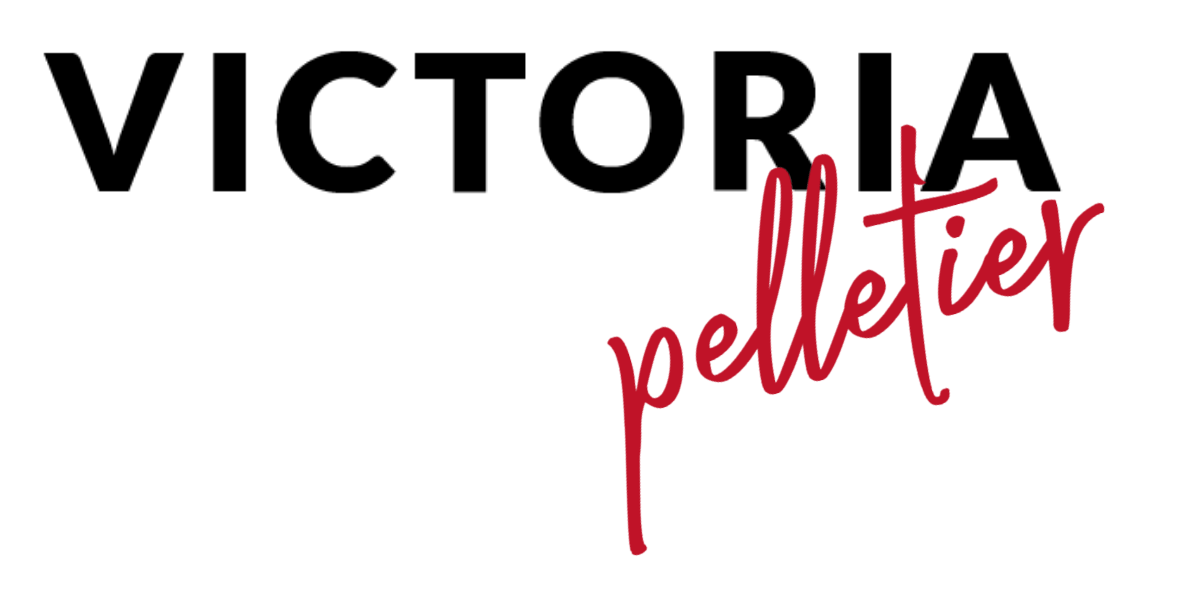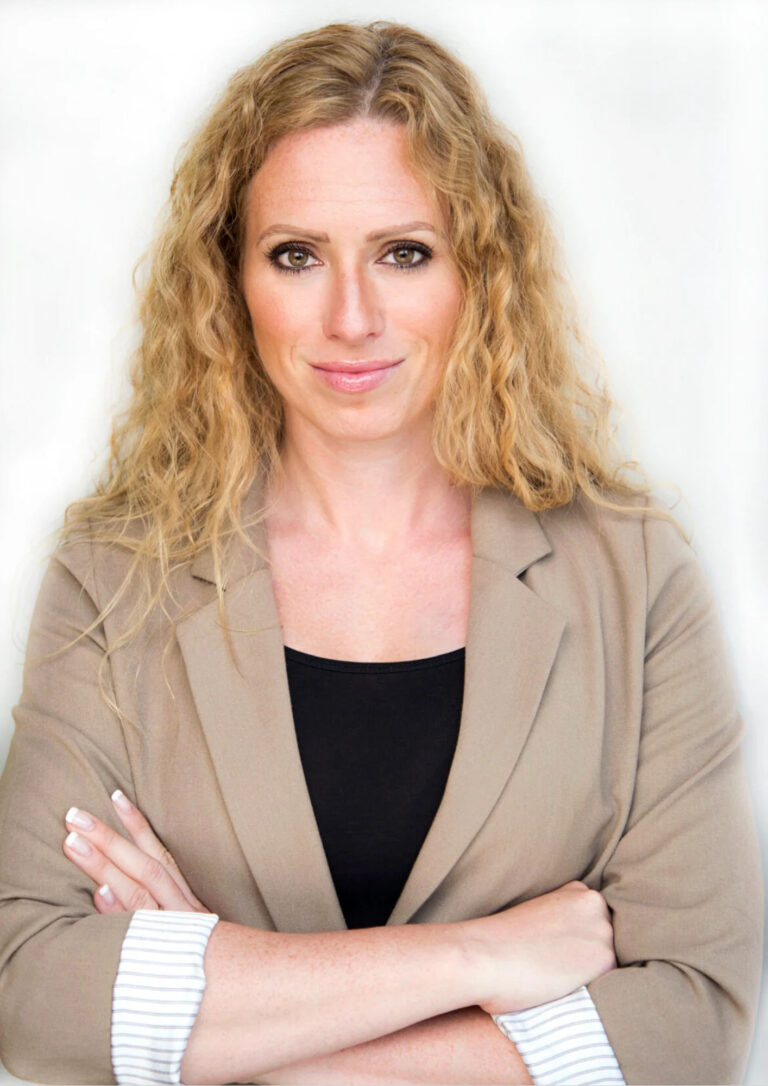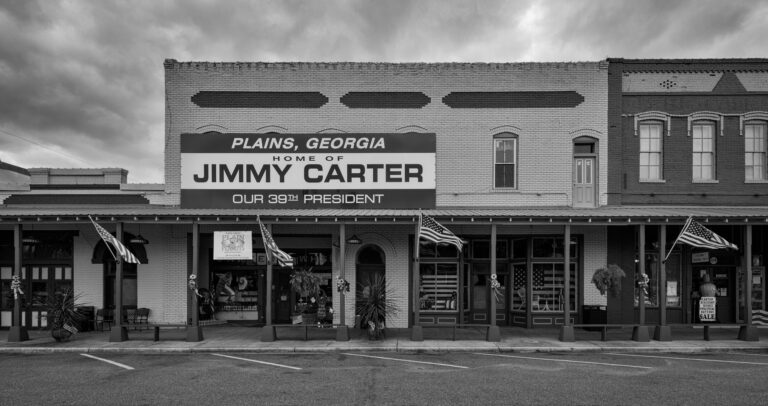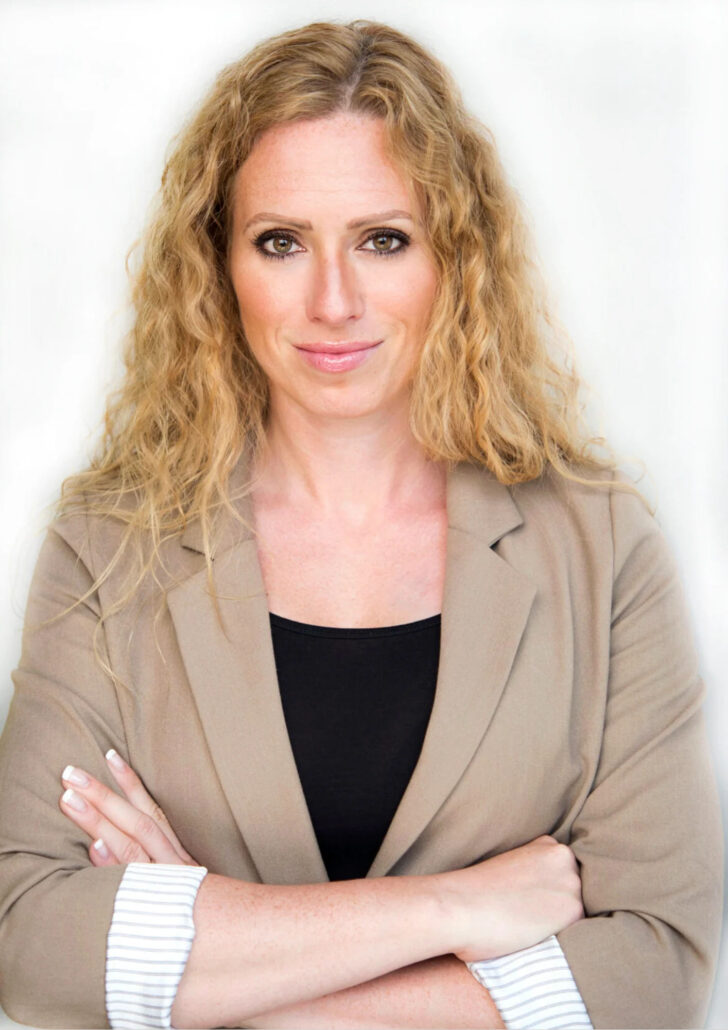
Victoria Pelletier Of Accenture & ‘Unstoppable You’ On How Authenticity and Vulnerability Pay Off and Help You Win Personally and Professionally
Authenticity and vulnerability build community far beyond business. This is so, so important. When we can be real among others, the openness becomes wonderfully infectious.
Being vulnerable and authentic are some of today’s popular buzzwords. It may seem counterintuitive to be vulnerable, as many of us have been taught to project an air of confidence, be a boss, and act like we know everything. In Brene Brown’s words, “vulnerability takes courage.” So is vulnerability a strength or a weakness? Can someone be authentic without being vulnerable? How can being authentic and vulnerable help someone grow both personally and professionally? In this interview series, we are talking to business leaders, mental health professionals and business and life coaches who can share stories and examples of “How Authenticity and Vulnerability Pay Off and Help You Win Personally and Professionally.” As a part of this series, I had the pleasure of interviewing Victoria Pelletier.
Victoria Pelletier is a 20+ year corporate executive, board director, author and entrepreneur based in South Florida. Nicknamed the “Turn Around Queen” by former colleagues and employers, Victoria inspires and empowers her team and clients to change mindsets and drive growth in business, leadership and culture.
As someone who does not subscribe to the status quo, she is always ready for new challenges becoming one of the youngest Chief Operating Officers at the age of 24, a president by 35 and a CEO by age 41. Victoria’s expertise on DEI issues and leadership and culture keeps her busy on the speaking, coaching, and writing circuits. Victoria enjoys moving her body and spending time with loved ones.
Victoria was recognized as one of the 2022 Top 30 Most Influential Business Leaders in Tech by CIOLook, 2021’s Top 50 Business Leader in Technology by Insight Magazine and a Mentor of the Year by Women in Communications & Technology in 2020. HSBC bank awarded her the Diversity & Inclusion in Innovation award in 2019.
Thank you so much for doing this with us! Before we start, our readers would love to “get to know you” a bit better. Can you tell us a bit about your childhood backstory?
Can I have you sign a release of liability before we proceed? I’m kidding. My backstory is not a pretty one. It’s atypical. It’s complicated.
Unlike many topflight executives, I don’t have an Ivy League pedigree or a lot of preloaded connections in the “right places.” The reality is gritty. I was born into an abusive home by a parent who fought addiction. Often, I was neglected. At other times, I was on the receiving end of my mother’s rage. I was removed from my childhood home with nothing but the teddy bear in my arms. For a long time, I felt like no one wanted me. Not even my biological extended family wanted me, and I was adopted out.
Looking back, here’s what I learned about myself and others with challenging experiences. You can respond to the negativity by becoming cynical and maybe a bit detached from the world. No one will blame you for wanting to “vent” the pain. Or you can leverage your history to better yourself and the people around you. I chose the latter. This is resilience. Relentlessness. Being Unstoppable. My drive to be relentless in work, love, and purpose is rooted in my resilience. When you raise yourself — and really learn how to scrap along the way — nothing can stop you. Nothing.
Can you please give us your favorite “Life Lesson Quote”? Can you share how that was relevant to you in your life?
I cringe a bit when people ask me for a favourite quote. It’s an interesting question, although it’s one that depends on timing and context. My “favourite” is subject to change. For now, let me share this one from Bruce Lee: “Defeat is a state of mind; no one is ever defeated until defeat has been accepted as a reality.”
I love this quote. Lee was talking about mindfulness long before anyone was really talking about mindfulness. The only person who can defeat me, is me. The same could be said about you. While I’ve been on the cusp of defeat before, I’ve never gone over the ledge. All I needed to stay on track was one thing… One goal or good thing in my life or one good thing on the horizon.
Is there a particular book, podcast, or film that made a significant impact on you? Can you share a story or explain why it resonated with you so much?
Do you remember the Italian film “Life is Beautiful”? It was released in 1997 with English subtitles. While this isn’t the space to provide a full synopsis of the film, I feel I can adequately summarize it by saying it’s all about the beautiful things love for the other will compel us to do in this life. At several moments in my story, I’ve exercised “tough love” and/or radical candor to nudge the people in my circle toward healthier choices and a healthier future. I’ve also looked in the mirror and “loved myself” back to life.
Love for your friends will compel you to tell them what they need to hear even if they do not want to hear it. Love for the organization’s mission and vision will — or at least should — compel you to make the tough choices that make the mission and vision sustainable. You get the point. Love is the most powerful force in the universe.
Let’s now shift to the main part of our discussion. Let’s begin with a definition of terms so that each of us and our readers are on the same page. What exactly does being authentic mean?
In my opinion authenticity is all about living your values. One of my core values is “relentlessness” or what I often refer to as being “Unstoppable.” I write about living relentlessly, I practice it in my work, and I model it for others. If my words and actions exhibit timidness, then I have no business talking about being relentless. See how that works? People judge one’s authenticity by alignment of values with words and actions.
What does being vulnerable mean? Can you explain?
Vulnerability is like keeping the door unlocked and the porch light on for an overnight guest. It means you are comfortable letting others — selected others — have a looksee around your house, more so symbolically, your heart and mind. In my opinion, vulnerability is built upon trust. Trust can be bestowed, earned, or retracted. For example, I bestowed trust on the audience digesting this interview when I was vulnerable about my challenging childhood. For me, vulnerability takes some work. It requires risk taking. But don’t all good things in life require some risks?
What are the positive aspects of being authentic and vulnerable? Can you give a story or example to explain what you mean?
When coupled, authenticity and vulnerability can lead to empathy. If we are willing to be vulnerable around others, really letting them into our inner life, they will begin to see us as approachable, real, and authentic. Eventually reciprocation, the hallmark of empathy, is possible.
During the height of the pandemic, I was very open with the members of my team about the isolation I was experiencing as I “worked from home” in a Manhattan apartment. I shared my struggle as a way of telling the members of my team “it’s alright to not be alright.” Our Sharing Sessions lead to beautiful support and work policies that gave people space and permission to take care of their personal lives amid a very traumatic time.
Are there negative aspects to authenticity and vulnerability? Can you give a story or example to explain what you mean?
Sometimes we need to shelve our wants and needs for the good of the organization. In the workplace, I encourage the people around me to know the difference between practicing authenticity/vulnerability vs. sharing too much information. When individuals’ personal lives become a distraction to the good functioning of the team and the larger organization, then it’s important to tap into healthy venues for healing instead of using the workspace as a setting for perpetual — and free — therapy. We can share too much.
From your experience or perspective, what are some of the common barriers that hold someone back from being authentic and vulnerable?
This one is an easy one for me. Our histories can hold us back from being vulnerable and authentic. When we experience pain — deep and cutting pain — we will do everything in our power to make sure the pain never returns once we’ve excised it. For the longest time, I kept the people attempting to love me at a distance because I didn’t want to ever want to be rejected again. But here’s the thing: Living on an island of one is no way to live. Even when we are hurt, we must unlock the door and turn on the porchlight again. A resumption of trust, and all the good it brings into our lives, is possible.
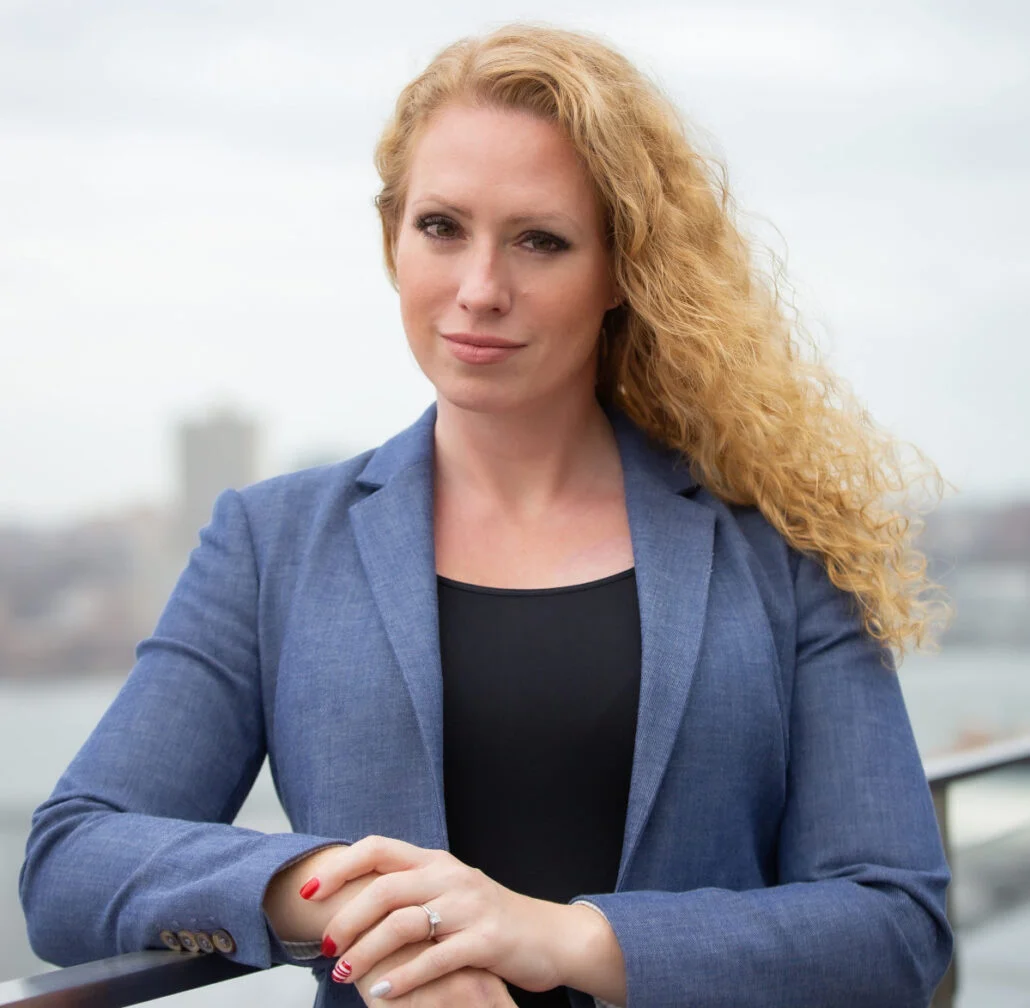
Here is the central question of our discussion. What are five ways that being authentic and vulnerable pay off, and help you win, both personally and professionally?
Authenticity and vulnerability build connections with clients, colleagues, loved ones, and dear friends. If we want sincere connections in this life, then we must claim space for authenticity and vulnerability.
Authenticity and vulnerability make teams stronger. I saw this during the nastiest days of the pandemic. Being real with the people in our circles made the pain and disillusionment a little more tolerable. We were designed for relationship, you know.
Authenticity and vulnerability nourish creativity. This is also about relationship. We are at our creative best when we are surrounded by people who will affirm our value, our abilities, and our creative production.
Here’s an overlooked one: Authenticity and vulnerability nourish diversity, equity, and inclusion. If we arrive at a place where we feel comfortable telling our stories and receiving the stories told by others, then true DEI growth is possible. The key here is getting to that place of openness. Authenticity and vulnerability in a DEI setting require parking our assumptions, stereotypes, and agendas.
Authenticity and vulnerability build community far beyond business. This is so, so important. When we can be real among others, the openness becomes wonderfully infectious.
You are a person of great influence. If you could inspire a movement that would bring the most amount of good to the most amount of people, what would that be?
One of Nelson Mandela’s sayings resonates with me these days… May your choices reflect you hope. I think it’s safe to say Mandela was speaking from a place of personal experience. The bad stuff can imbitter you or better you.
I learned at a young age that my future — by default — would be a lot healthier and happier than my childhood. When you go through some rough stuff, it seems especially important to have a vision for your life that extends beyond the short term. My movement? Encourage every adult on this planet to craft and execute a vision for life, rooted in hope, that guides every action, every word. Teens and kids too.
The world’s a much healthier and kinder place if our choices reflect our highest hopes.
Is there a person in the world whom you would love to have lunch with, and why? Maybe we can tag them and see what happens!
How about the newest Supreme Court Associate Justice Ketanji Brown Jackson? Jackson is an inspiring leader whose best days of leadership on the court are ahead of her. I’d love to hear her vision for America and philosophy on the law.
How can our readers follow you online?
You can find me online on most social platform, but the best way to follow is on my personal website: About — VictoriaPelletier | Leadership Speaker | Author (victoria-pelletier.com)
Thank you for these really excellent insights, and we greatly appreciate the time you spent with this. We wish you continued success.
